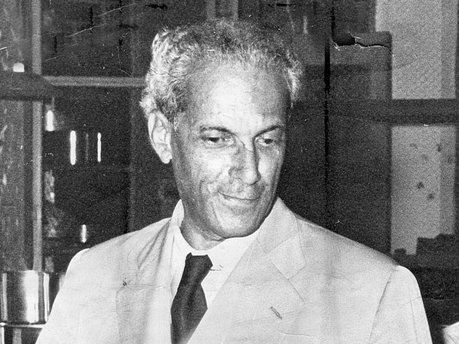Norman Washington Manley is one of Jamaica’s National heroes. Born in Roxborough, Manchester, on 4 July 1893, he was the son of Margaret and Thomas Albert Manley who were both mixed race. He was well educated, attending high school, before going to Jamaica College. He made headlines as an outstanding athlete, as well as excelling in his studies.
Norman Manley studied in the UK
Following his mother’s death in 1913, Manley and two siblings travelled to the UK to continue their studies. Despite being orphaned at 16, Manley earned a Rhodes Scholarship to study at Jesus College at the University of Oxford where he earned a Bachelor of Civil Law with First Class Honours.
Manley arrived in the UK shortly after World War I had begun. He served in the Royal Field Artillery during World War I, and was awarded the Military Medal (M.M.) for “acts of gallantry and devotion to duty under fire”.

After the war, Manley was admitted to the bar in England in 1921, and returned to Jamaica in 1922, continuing to practise law as a barrister.
Manley and politics
Manley founded Jamaica Welfare in 1937 which gave a huge boost to the education and training opportunities for the people of Jamaica. As president of the PNP, Norman Manley fought for Universal Adult Suffrage. Together with his cousin Alexander Bustamante, their efforts resulted in the New Constitution of 1944 granting full Adult Suffrage. Through the PNP, he became a representative for Jamaica in the Federation of the West Indies, a group of nations joined in an attempt to right some common problems.
Norman Manley led the unprecedented movement to allow the people of Jamaica to vote on whether or not to remain in the federation. Once the people voted to leave the Federation, Norman Manley led the movement to draft a constitution so that Jamaica could become independent. He headed the committee that negotiated Jamaica’s independence from Great Britain. Once independence came, Norman Manley lost in the election to Bustamante of the Jamaica Labor Party, for the seat of prime minister.
Norman Manley was married to Edna Swithenbank. He is the father of Douglas and Michael Manley (who later became a Prime Minister of Jamaica).
Manley died on 2 September 1969.






Leave a Reply